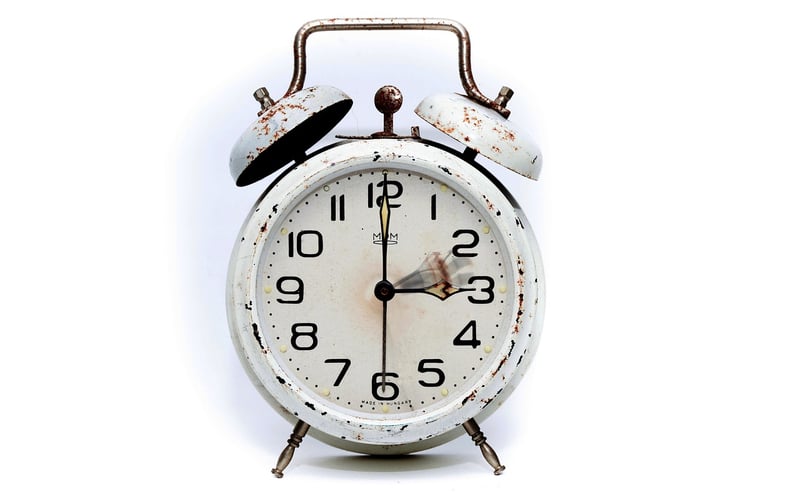Temporal Interference Morality
The Moral Implications of Temporal Interference
Time travel has long been a popular concept in science fiction, allowing characters to traverse different eras and alter the course of history. However, the idea of changing the past raises significant moral implications that are worth exploring. Temporal interference, the act of altering events in the past, can have far-reaching consequences on the present and future.
Paradoxes and Consequences
One of the most well-known moral dilemmas associated with time travel is the grandfather paradox. This paradox posits a situation where a time traveler goes back in time and prevents their own grandfather from meeting their grandmother, thus preventing the time traveler's own birth. This creates a paradox - if the time traveler was never born, how could they have gone back in time to prevent their own birth?
Additionally, changing events in the past can have unintended consequences on the present and future timeline. What may seem like a small alteration could have ripple effects that drastically change the course of history. This raises questions about responsibility and the ethical implications of altering the past for personal gain.
Ethical Considerations
When considering the morality of temporal interference, key ethical principles come into play. Concepts such as the butterfly effect, where small actions can have large consequences, highlight the delicate balance of cause and effect in the timeline. Time travelers must grapple with the weight of their actions and consider the repercussions of altering past events.
Furthermore, questions of free will and determinism arise when contemplating the ability to change the past. If events can be altered, does this imply that the future is predetermined, or is there room for agency and choice in shaping the timeline?
The Grandfather Paradox Revisited
Returning to the grandfather paradox, this thought experiment underscores the complex nature of time travel ethics. By illustrating a scenario where actions in the past directly impact one's existence in the present, it challenges individuals to consider the implications of meddling with historical events.
In conclusion, the concept of temporal interference raises profound moral questions that probe the limits of human agency and the consequences of altering the past. While time travel remains a theoretical possibility, exploring its ethical dimensions serves as a thought-provoking exercise in understanding the intersection of morality and temporal manipulation.

For further reading on this topic, click here.
